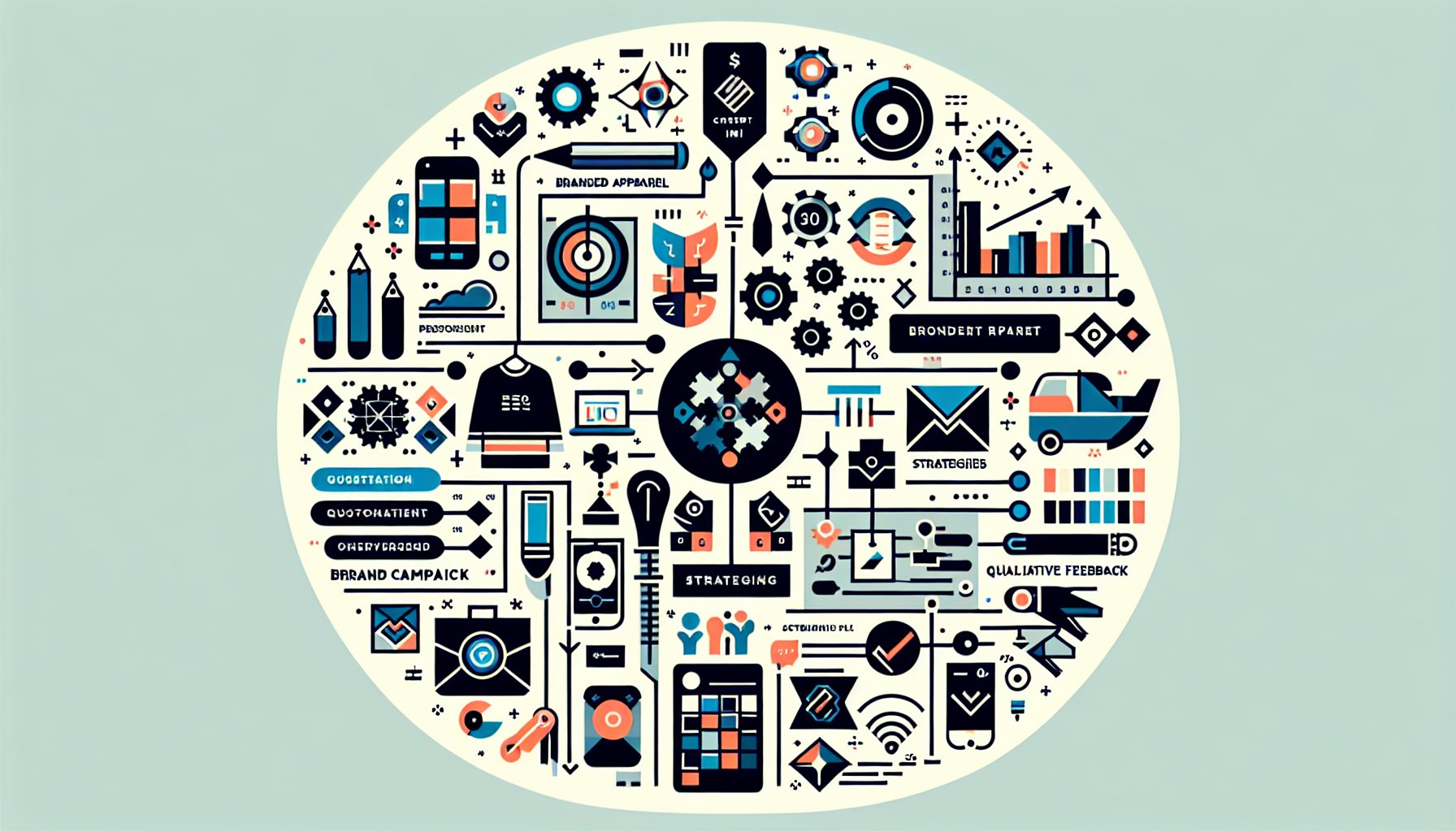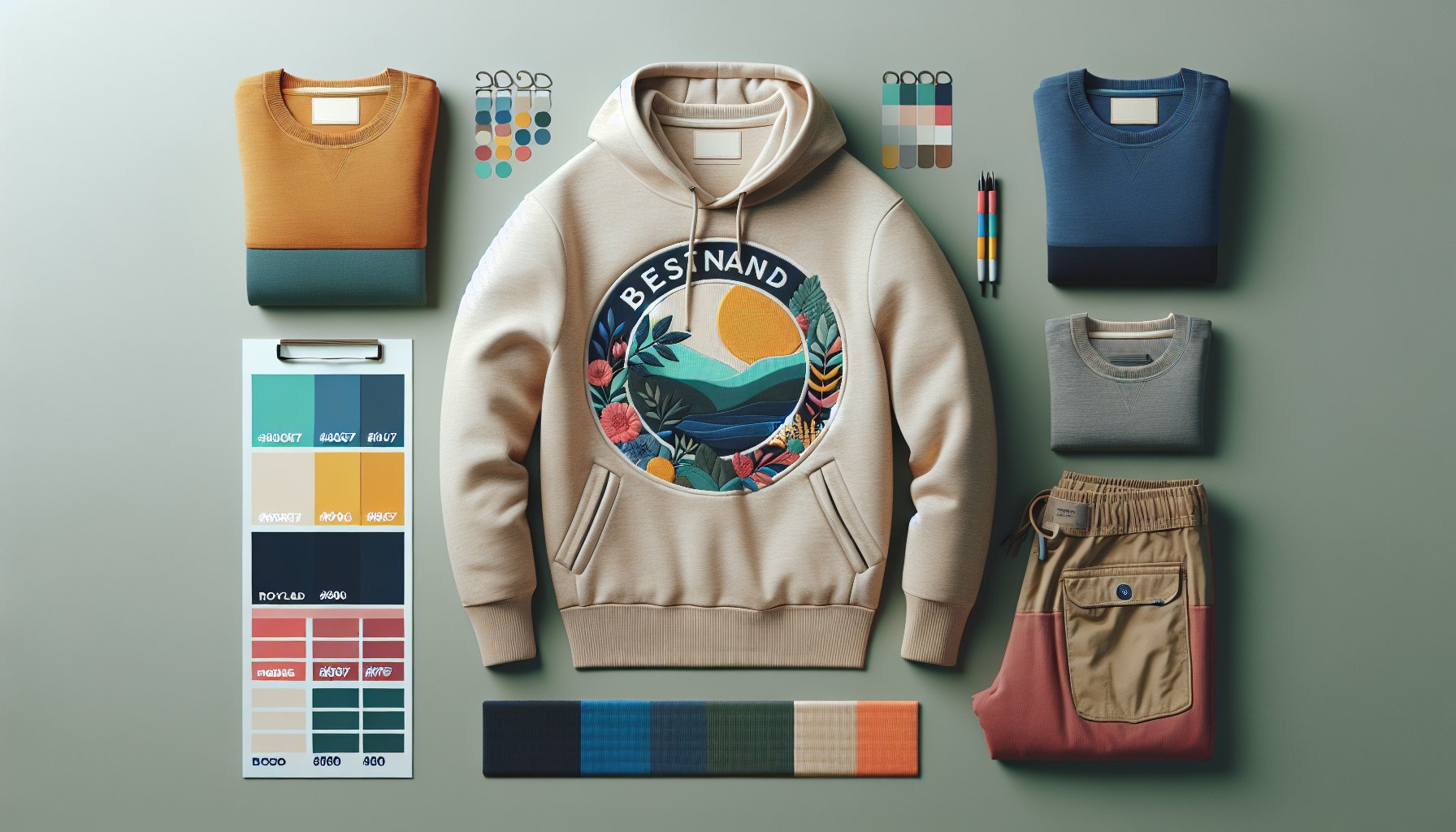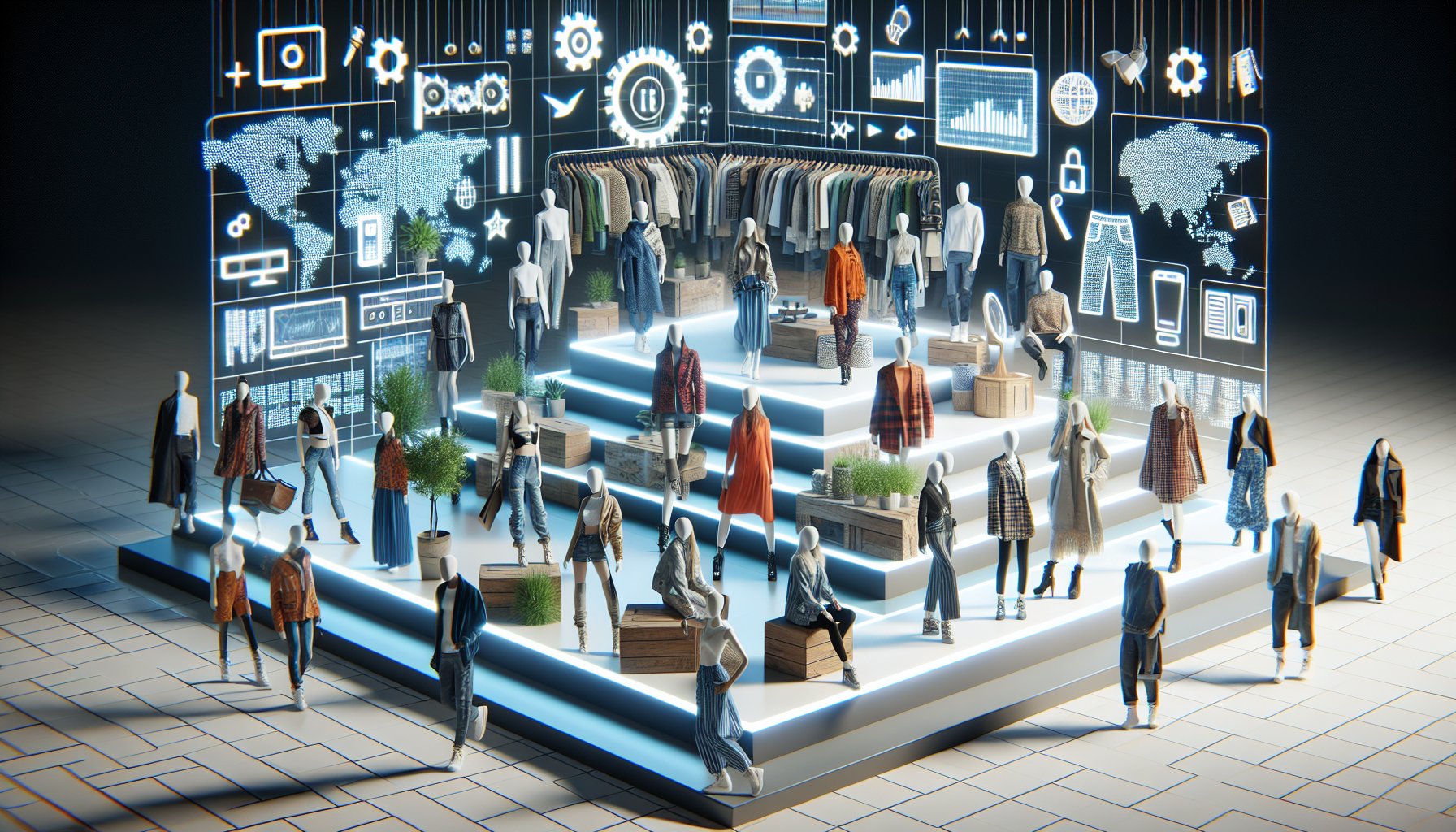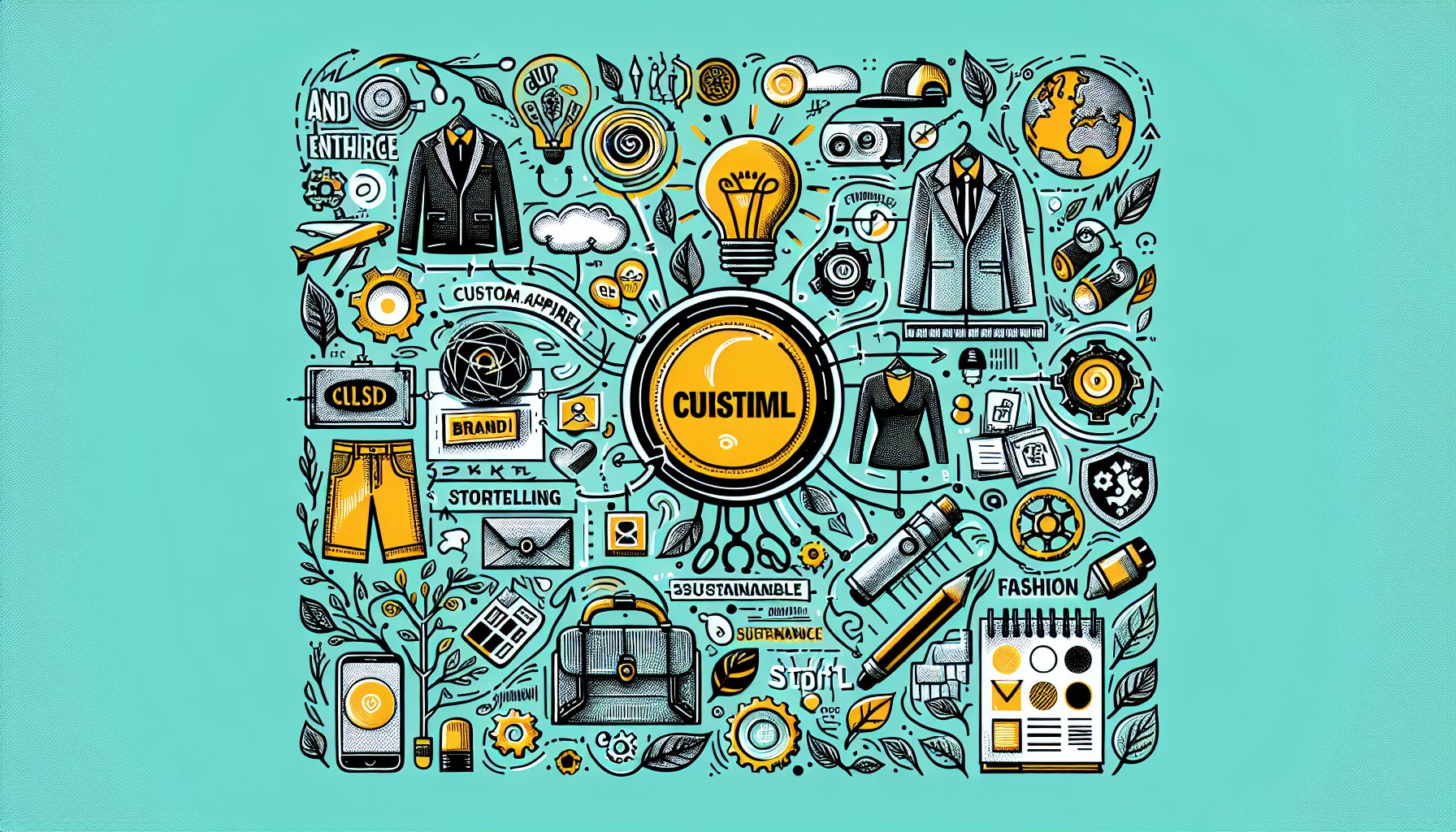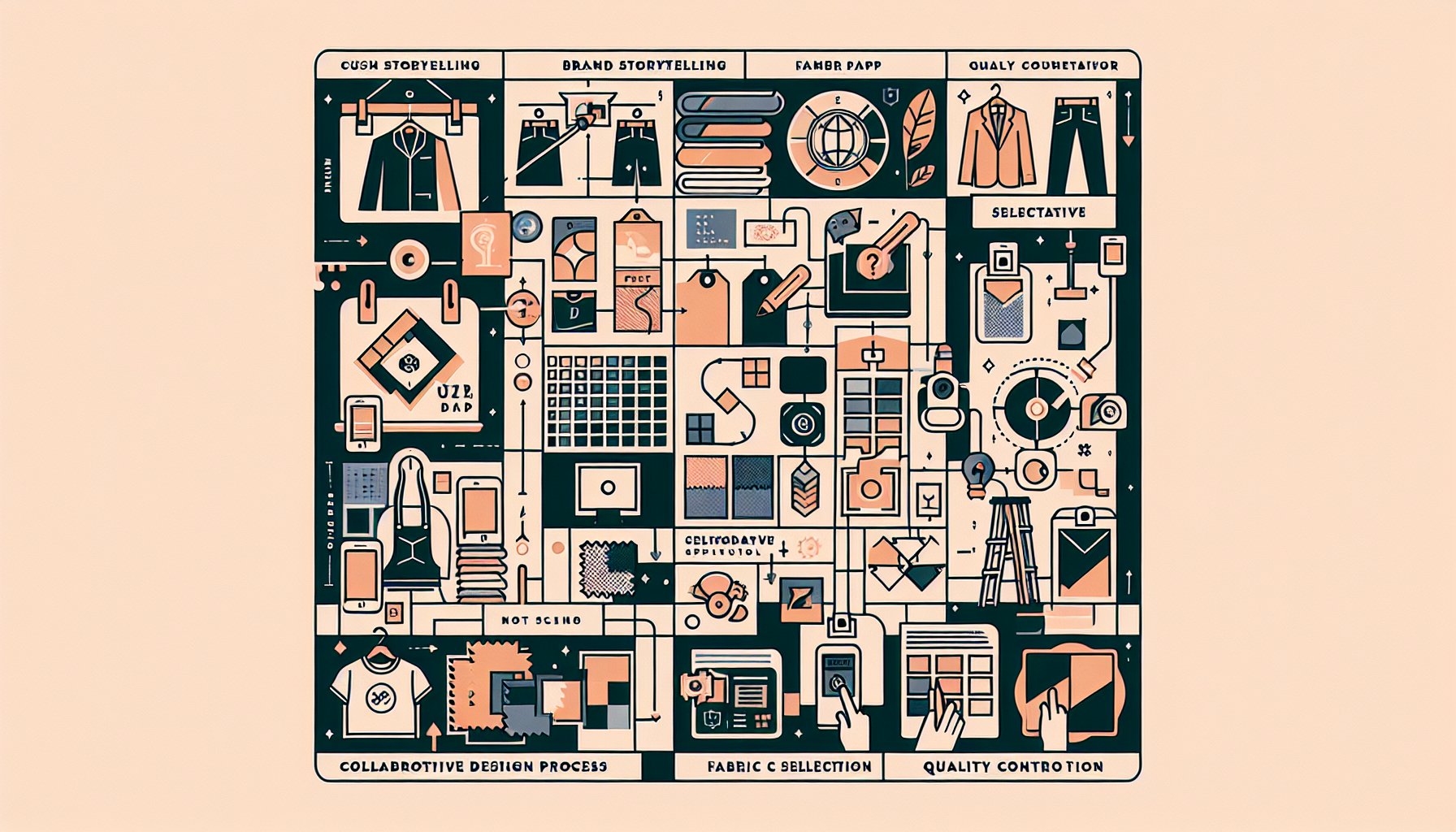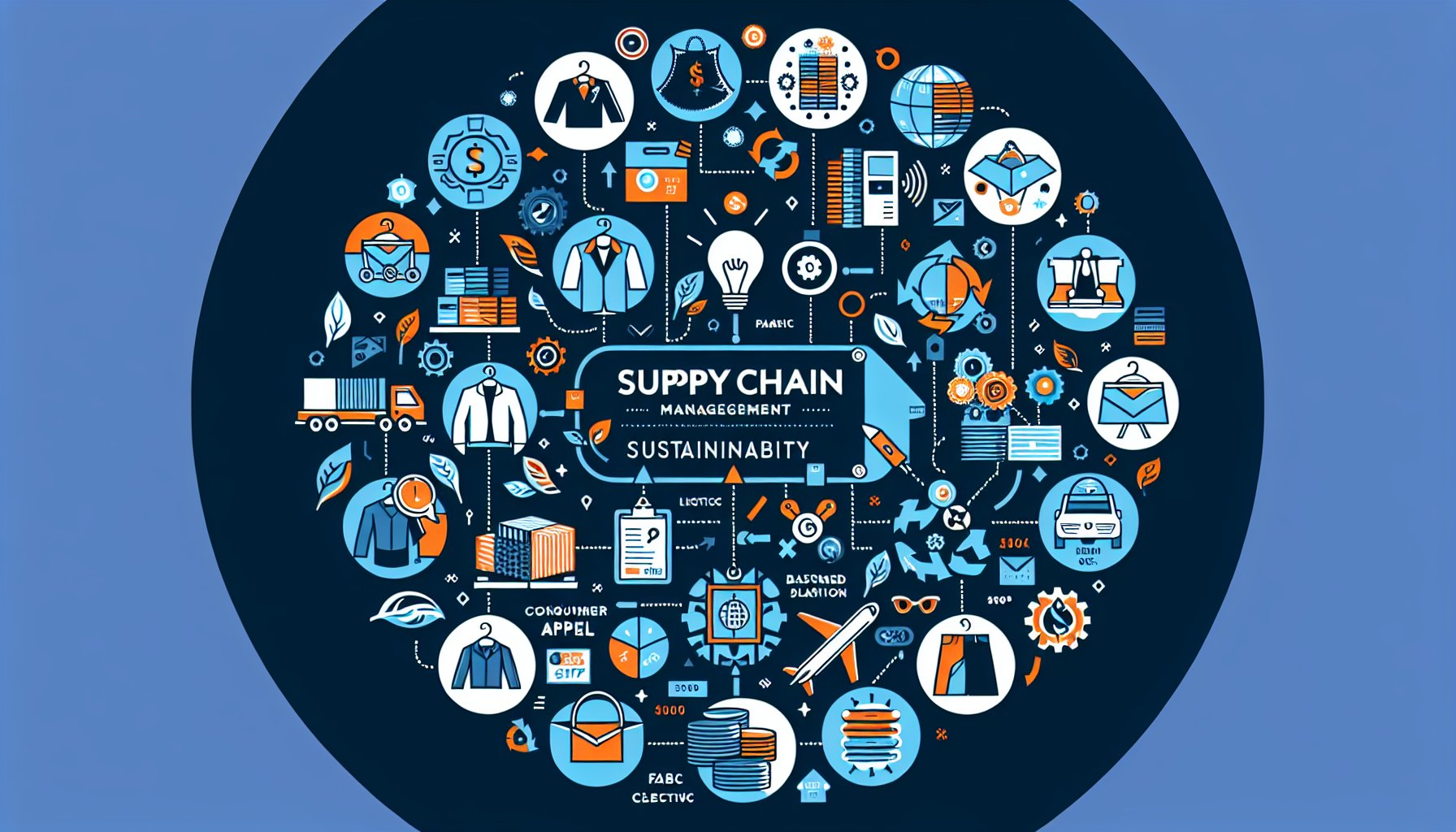Branded Apparel
What are the Benefits of Using Eco-Friendly Branded Apparel?
Explore the transformative benefits of using eco-friendly branded apparel. Align your style with sustainability, support ethical practices, and join the movement for a greener future. Learn how your choices can make a difference!
Sep 11, 2025
7 min read
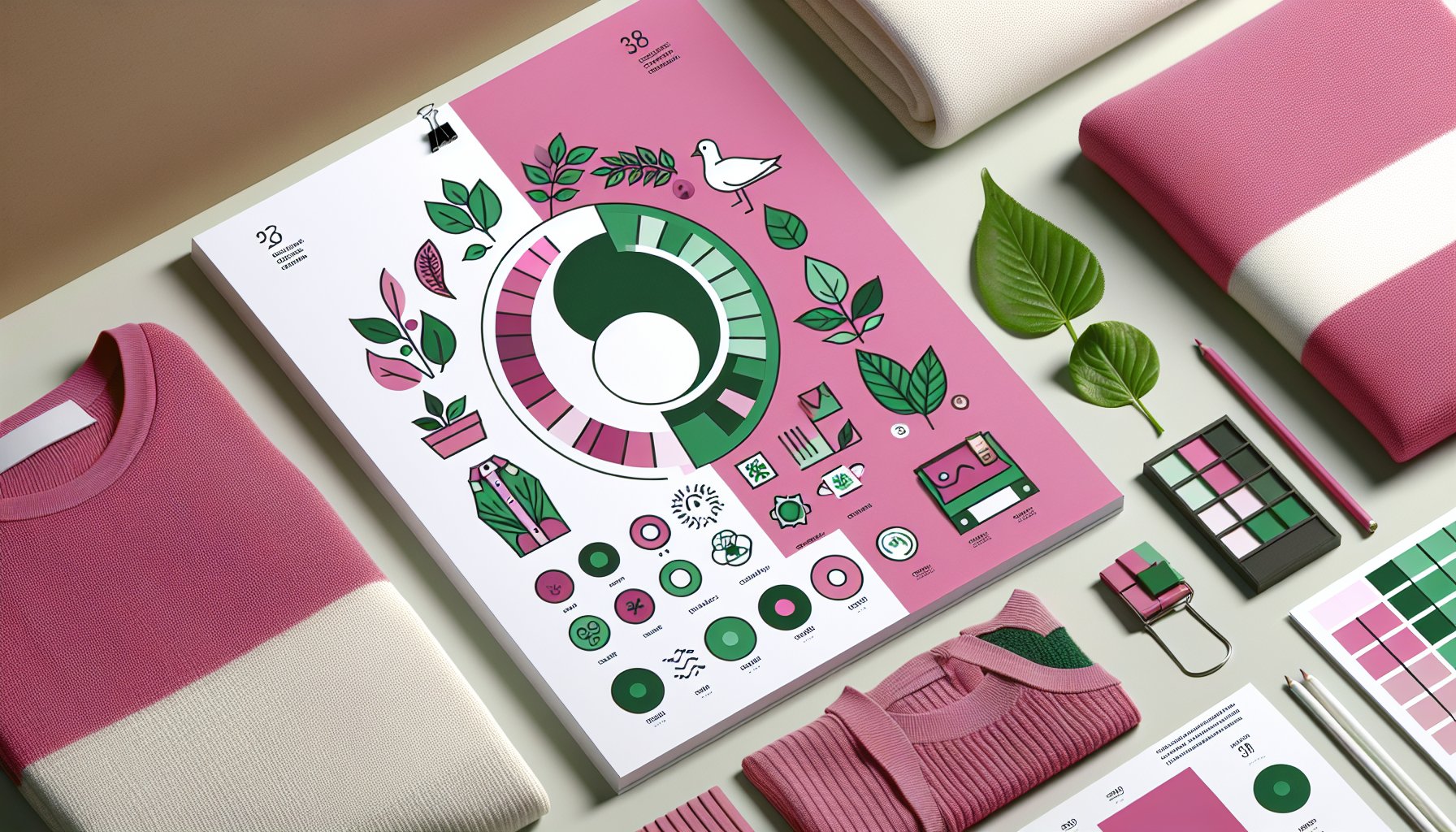
What are the Benefits of Using Eco-Friendly Branded Apparel?
TL;DR
Eco-friendly branded apparel isn't just a trend; it's a revolution knitting sustainability into the very fabric of fashion. By choosing green garments, you're not just making a personal style statement, you're aligning with a movement that's transforming how we shop, sell, and wear clothes. Think of it as fashion with a conscience. It supports ethical labor practices, employs sustainable materials, and drives home the message that style and responsibility can walk hand-in-hand. Plus, it's a business boon, tapping into the ever-growing demand for transparency and ethical consumerism. So, why not wear your values with pride?
Earth-Friendly Evolution
The fashion industry is having its green awakening, and it's not just a fleeting dream. Eco-friendly apparel is steadily threading its way to the forefront of consumer consciousness, thanks to younger generations who champion sustainability like their lives depend on it, because they do. Fast fashion, with its cycle of quick and cheap, has been a style staple for years, but at a tremendous cost, considering the piles of waste and questionable labor practices it often hides behind its trendy veneer.
Enter eco-friendly brands, the darlings of the revolution. They're flipping the script by prioritizing organic materials like cotton and hemp, while ensuring fair wages and safe working conditions. Leaders like Patagonia and Eileen Fisher show that style and sustainability aren't mutually exclusive but are rather perfect partners. In a world increasingly savvy about "greenwashing," where companies pretend to be green for brownie points, these brands offer transparency as clear as a mountain stream. Because today’s consumers aren’t just reading “organic” labels, they're demanding real commitments and measurable impacts.
The Green Consumer
If the planet's in crisis, today's green consumer is on a mission. They’re mindful, informed, and they expect their purchases to reflect their values. Millennials and Gen Z are leading this charge, transforming shopping into activism. For them, opting for eco-friendly brands is not just about snagging a cute top; it's about investing in a future that honors the earth and its inhabitants. Fast fashion titans like Zara and H&M have faced backlash for token sustainable gestures, which often fall short, leaving a savvy consumer base unimpressed.
These consumers aren’t just shaking their fists at fast fashion; they're actively seeking alternatives. Brands boasting genuine sustainable practices, like using organic materials and ethical supply chains, are dancing to the top of their shopping lists. This shift isn't just about aesthetics, it's a market revolution, putting pressure on brands to innovate and educate, as consumers demand quality, longevity, and ethical production.
Building a Sustainable Brand Identity: The Power of Green Messaging
In this brave new world of eco-awareness, green messaging is as crucial to brand identity as the products themselves. It's about creating a narrative that resonates deeply with eco-conscious consumers. Imagine a brand that not only tells the tale of its organic cotton but also highlights the farmers and artisans involved, this emotional storytelling fosters community, transforming customers from mere shoppers to members of a larger movement.
Transparency is king here. Authentic brands that embrace their sustainability journey, warts and all, build trust. Sharing challenges, achievements, and metrics invites consumers to join the journey, reinforcing loyalty and advocacy. Brands like Proforma LBP Marketing Concepts are leading the way, proving that green messaging isn't just talk, it's an invitation to be part of something bigger.
The Ripple Effect
Eco-friendly apparel doesn't just rest in the closet; its impact spirals outward. It champions ethics in fashion, from sustainable choices to labor practices, creating ripples of change in society, the economy, and the environment. When consumers choose these brands, they're investing in social justice, community welfare, and a healthier planet. It's a domino effect, wearing green encourages others to rethink their own choices, fostering a culture where sustainability becomes the norm.
Moreover, eco-friendly brands are often deeply invested in local communities, ensuring fair wages and safe conditions. Every purchase is a vote for justice, echoing far louder than a simple cash transaction. This approach helps reshape the fashion industry's landscape, with the environmental benefits, reduced carbon footprints, water savings, and waste reduction, standing as undeniable testaments to the power of eco-friendly apparel.
The Cost of Consciousness: Navigating Pricing and Profitability
The shift toward sustainability comes with a price tag. Eco-friendly fabrics like organic cotton and Tencel are naturally pricier, demanding careful farming and ethical manufacturing processes. But here's the catch: consumers today aren't just buying clothes; they're buying a narrative. Brands need to communicate the value behind this higher cost, it's a promise of durability, ethics, and a stylish nod to planetary care.
In return, brands enjoy consumer loyalty, especially from millennials and Gen Z, who are willing to pay more for sustainable goods. Navigating this landscape isn't without its challenges, avoiding greenwashing is crucial, but the payoff is immense. By investing in eco-friendly production, brands tap into a lucrative market, connecting with consumers on a mission for change.
Fabric Fables: The Materials that Make a Difference
The heart of sustainable fashion lies in its materials. Organic cotton offers a cleaner alternative to its pesticide-ridden cousin, safeguarding ecosystems and producing softer garments. Meanwhile, hemp and Tencel are gaining traction for their eco-credentials, promoting sustainable production processes that enrich soils and reuse resources.
However, the journey doesn’t end with materials. Ethical labor practices are integral. Brands like Proforma LBP Marketing Concepts opt for eco-friendly fabrics alongside fair labor, resonating with consumers who value transparency and responsibility. Ultimately, investing in sustainable fabrics turns clothing into canvases of change, redefining the story we tell through our wardrobes.
From Concept to Closet: The Sustainable Supply Chain Journey
Every sustainable garment begins with an idea and a commitment to responsibility. From organic cotton fields to ethical factories, the journey is all about making choices that respect both people and the planet. Brands prioritize transparency, ensuring consumers are aware of every step, from sourcing to shipping.
This comprehensive approach showcases eco-friendly apparel as more than just a product, it's a movement. By choosing these garments, consumers are invited to join a larger conversation, paving the way for widespread industry change. It's a stand against fast fashion, advocating for quality and ethics, one sustainable thread at a time.
Wear It with Pride
Eco-friendly apparel goes beyond fashion; it's a declaration of values. Brands like Proforma LBP Marketing Concepts recognize this and craft narratives that turn garments into symbols of advocacy. Transparency and authenticity are key, ensuring consumers trust and engage with the message.
Wearing these clothes becomes an act of defiance against unsustainable practices, a testament to a commitment to the planet. As the climate crisis looms, every garment worn proudly amplifies the movement, inspiring others and reinforcing the hope for a sustainable future.
The Future of Fashion: Investing in Sustainability
Sustainable fashion isn't just a niche market; it's the future. As climate awareness grows, companies embracing sustainability redefine success. Authenticity, transparency, and innovation are vital, allowing brands to genuinely engage with consumers and the environment.
The younger generations demand accountability, turning purchases into value statements. By investing in sustainable fashion, companies not only meet market demands but also lead a movement that prioritizes planetary and social health. It's a thrilling journey, where fashion intertwines with identity and advocacy, shaping a future where sustainability is the norm rather than the exception.
Beyond the Fabric
Sustainable apparel goes beyond materials; it fosters a culture of change. Companies like Proforma LBP weave eco-consciousness into their core, creating a shared commitment to environmental stewardship. Employees and consumers become part of the movement, transforming daily operations and sparking conversations about sustainability.
This cultural shift resonates with millennial and Gen Z consumers, who prioritize brands with genuine social responsibility. Embracing eco-friendly apparel positions companies as leaders in sustainability, cultivating loyalty and creating a sustainable legacy. By championing these values, businesses inspire communities and employees to join the cause, paving the way for a brighter, greener future.
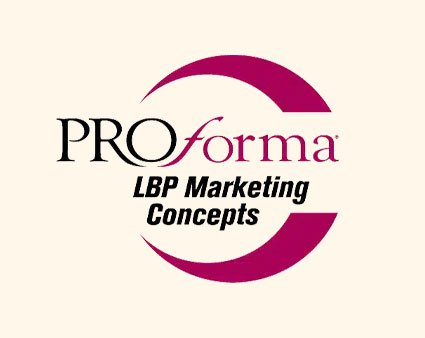
Need Help?
Check out these related products that can help:

